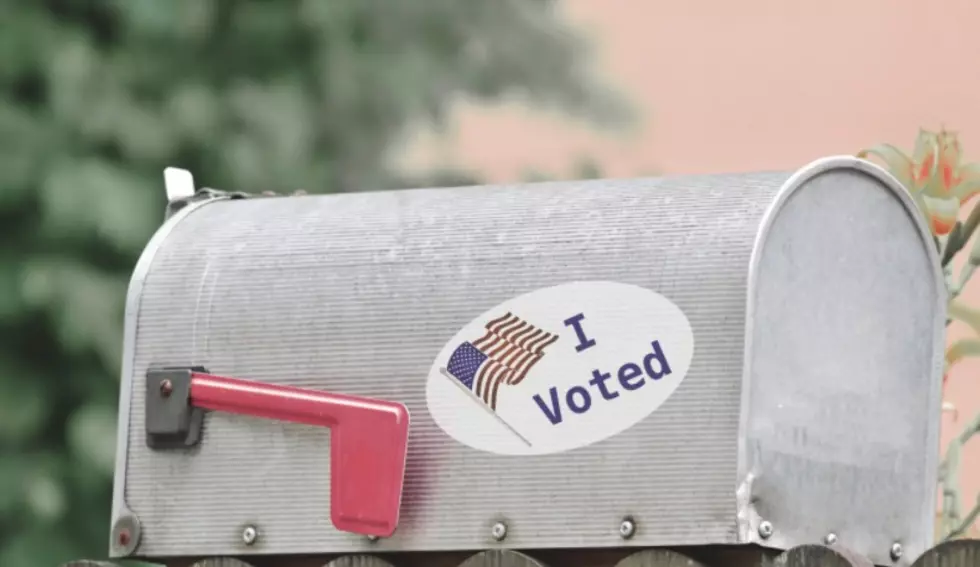
Could You Be Forced To Vote in Washington State?
Voting is considered a right by some, a solemn duty by others, and a whole other sector of the voting age population believes theirs doesn't count. Voter participation has been a topic of conversation for decades. It has been the subject of studies and used by political parties to influence strategy.
One thing voting has never been...is required. It has always been a choice that those over the age of 18 have been able to make. Some choose to participate based on their belief system, other choose not to participate for the same reason. Can you, or better yet SHOULD you, be forced to cast a ballot in every election you are able to vote?
Senate Bill 5209 (SB 5209) would do just that...force you to vote The main sponsor is 22nd District Sen. Sam Hunt D-Olympia. This is not a bipartisan bill as the other lawmakers who have signed on to the bill are fellow Democrats including the Senate Leader Andy Billig from the 3rd District in Spokane.
It is titled "Establishing universal civic duty voting" and would require every eligible voter either register to vote or obtain a waiver from the obligation to register to vote. The eligible voter would not need to provide a reason to request a waiver, but they would have to apply for a wavier nonetheless.
Here is the kicker regarding the waiver...you need to apply for it before you register to vote. If the waiver is granted your exemption would last until you decided to register to vote. At that point, according to the bill, you would be required to vote in every primary and general election.
To further add to the confusion is you do not have to fill out the ballot, you can send a blank one back, but you have to send it back. If you decide to break the law and not vote...that's OK as there is no enforceable penalty attached to the law. There is also a question of Constitutionality as the US Supreme Court has determined voting is an expression of speech.
It makes you wonder the point of an exercise that includes writing a bill, hearing it in a committee, voting to send it to the floor, have debate, vote on the bill, send it to the opposite chamber for them to debate and vote, then reconcile if it passes both chambers, send it to the Governor for his signature upon final passage, and have no enforceable penalty associated with non-compliance. All that wasted time on the taxpayers dime.
LOOK: 20 Fascinating Photos From the First Modern Olympic Games in 1896
Gallery Credit: Caitlin PenzeyMoog
More From PNW Ag Network







